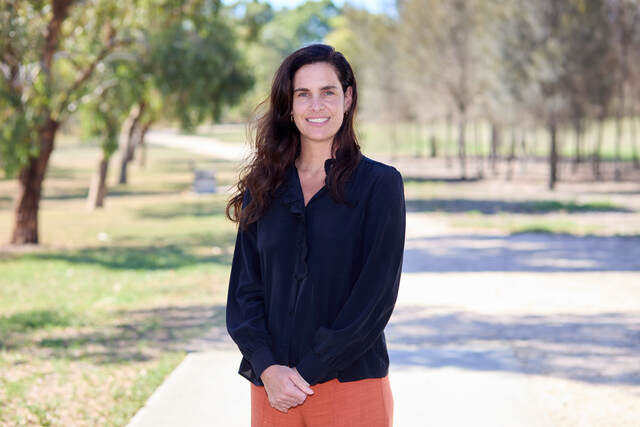Author and St Albans Secondary English teacher Amra Pajalic will be hosting memoir writing workshops at Sunshine Library from Thursday June 2 to June 23.
Ms Pajalic has been teaching at St Albans Secondary School for nine years and was recently recognised on International Women’s Day as one of eight incredible Melbourne based writers to read.
Prior to beginning her career as a teacher and author, Ms Pajalic grew up in the west and completed her schooling at St Albans Secondary School where she now teaches and her daughter attends.
The no charge sessions will go through a memoir overview, structure writing process and publication and submitting.
Ms Pajalic recently re-released her debut novel The Good Daughter as Sabiha’s Dilemma, which she won the 2009 Melbourne Prize for Literature’s Civic Choice Award for.
In her stories, she takes pride in being able to share the stories of those that are unrepresented.
“As a westie girl coming from St Albans and writing, most of my writing is young adults and I write memoir also and I’ve done all sorts of different genres,” Pajalic said.
“I write about characters set in St Albans and for young people” through her background and strong knowledge of their perspectives as a teacher and former pupil in St Albans.
Ms Pajalic of Bosnian cultural heritage said it meant a lot to be able to uncover these perspectives in her stories which could create connections with under-represented groups.
“It also means a lot from that perspective in terms of working with young people who don’t have their stories represented, don’t have their life’s represented so that’s why I love doing adult fiction,” she said.
“And then also being a role model for young people because we do have this thing about coming from the western suburbs and feeling this cringe.
“So it just means so much to people now to take pride in where they come from and their diverse culture.”
Ms Pajalic said it excited her to be able to write stories for “young people” who have different “identities and experiences” and “making them feel recognised” instead of “alone” in hope that the stories can “connect with them”.







